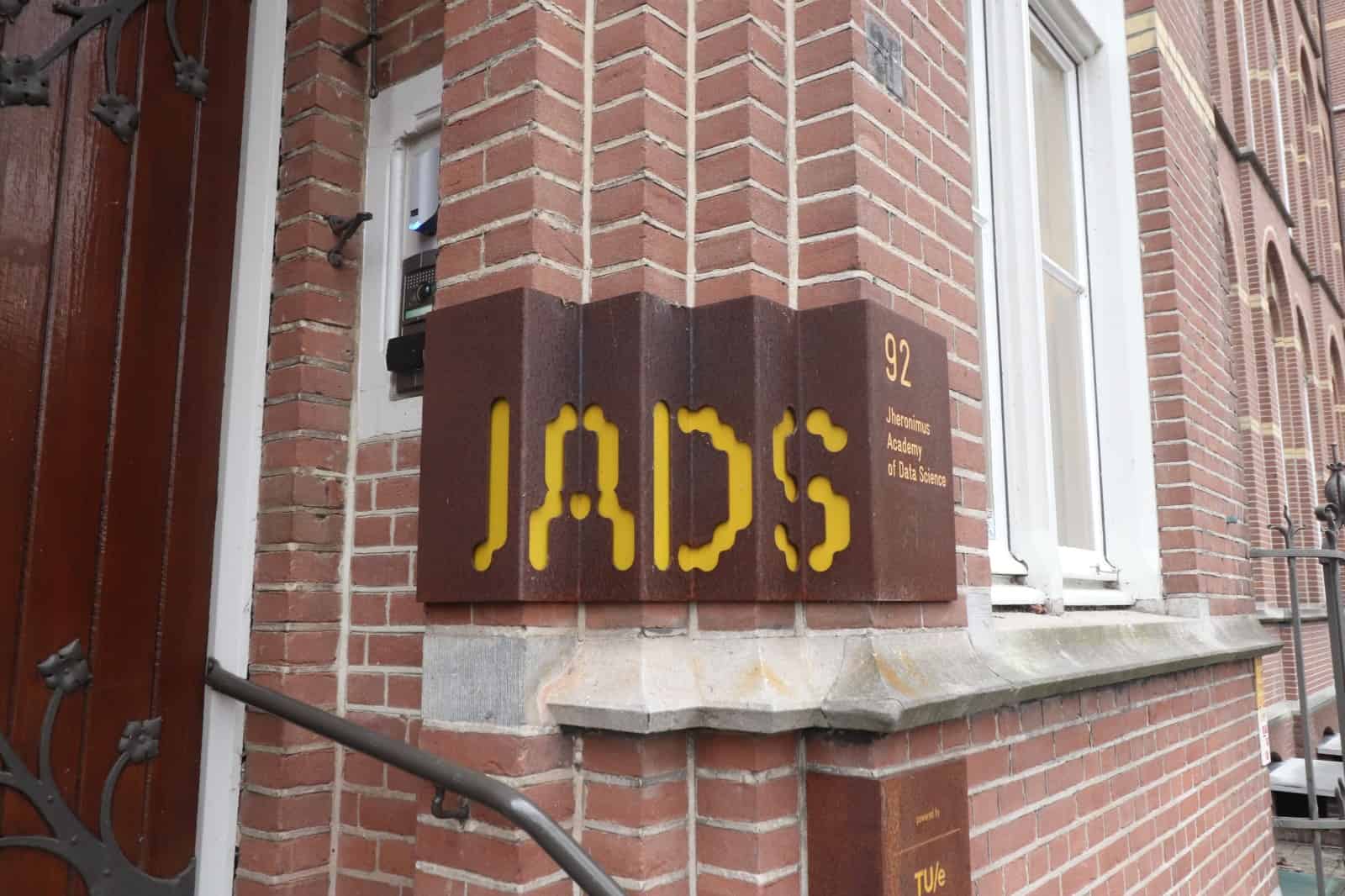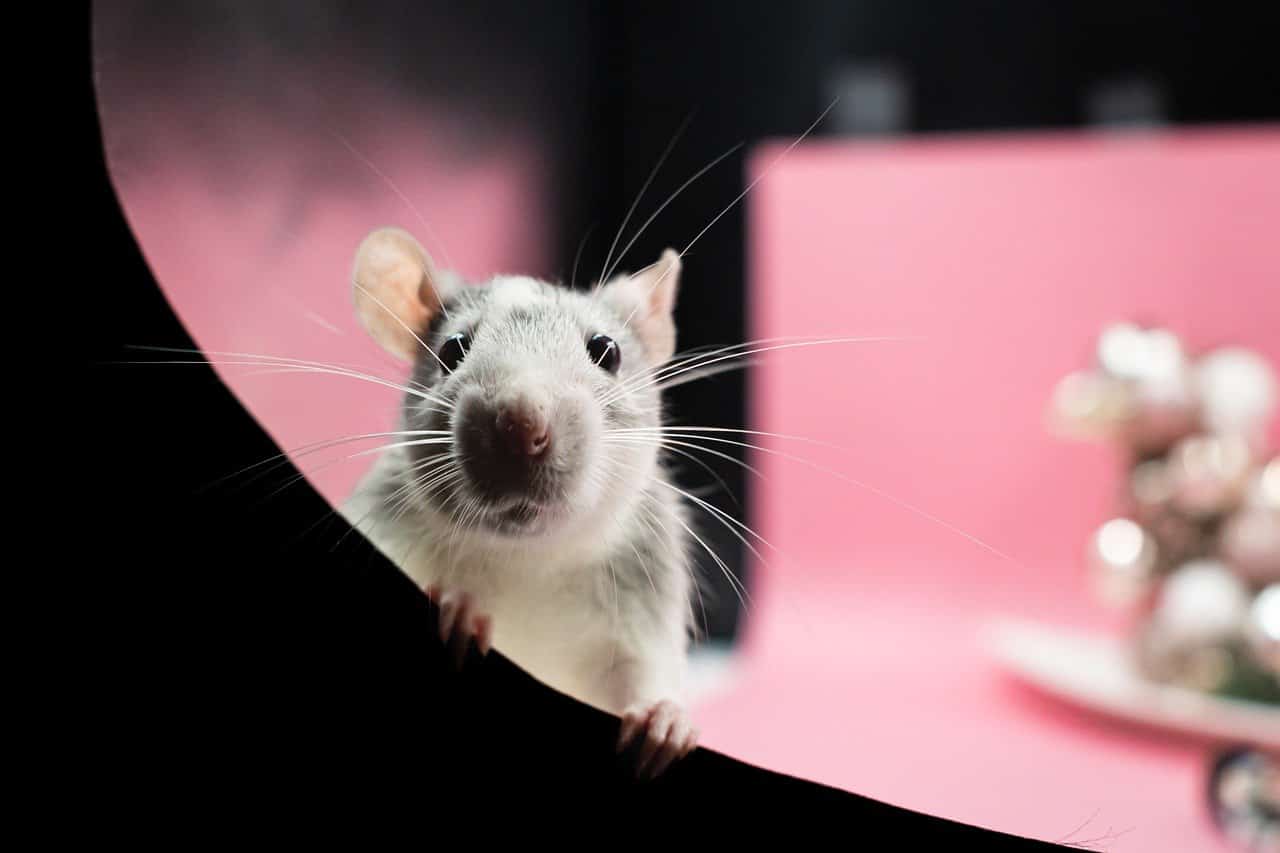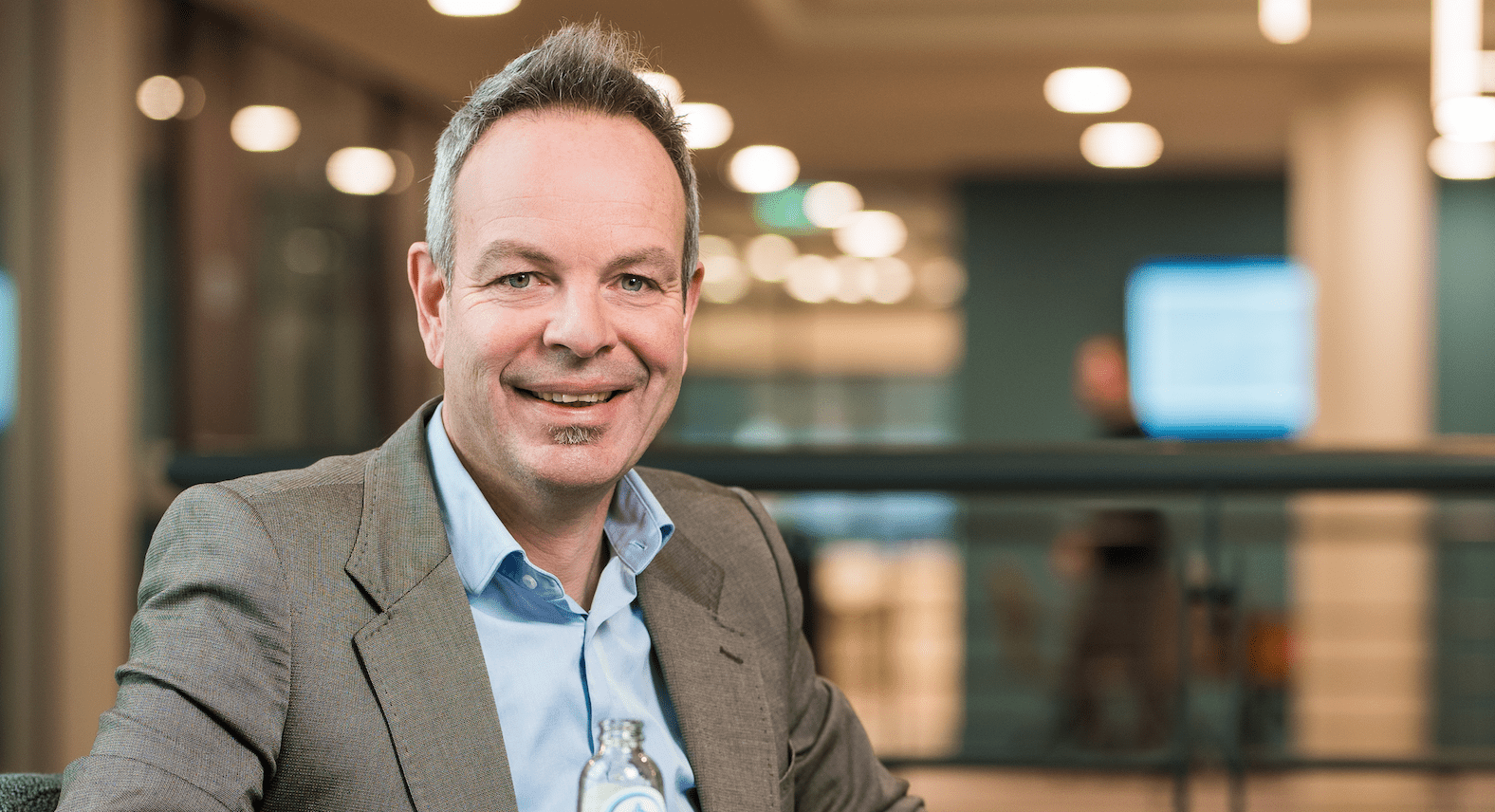
The Coronavirus is killing more and more people, and in the meantime, everyone is hoping for a cure so we can stop worrying about people being infected by the disease and dying of it. However, CEO and medical microbiologist Jan Groen of the vaccine Research and Development institute Intravacc in Science Park Utrecht expects that it will still take at least one and a half to two years before a vaccine is available. “If you want to offer the vaccine, you have to be sure that it is good. You can’t skip any steps.”

Is Intravacc the most important R&D vaccine development institute in the Netherlands?
“It’s the only one.”
In your opinion, what are the most important starting points that are now available to develop a vaccine against Corona?
“Every day you can read the reports that scientists have discovered something new against the Coronavirus. Rotterdam has found something. Utrecht has found something. Etcetera, etcetera. But all those initiatives are really just in the phase of findings on a laboratory scale. To put it simply: small culture bottles are used to see whether they can inhibit the virus or whether they can make a prototype vaccine and read out its effect on the virus. But that’s a long way from a product that can be used on humans and would still have to go through many test phases”.
What do you think is the significance of the discovery of an antibody against the Coronavirus by researchers at Erasmus MC and Utrecht University?
“According to the WHO, there are more than 42 initiatives worldwide to develop Corona vaccines. Erasmus MC is one of them. They have developed a monoclonal antibody against the Coronavirus. They have prepared a publication about it. That’s just evidence that it could possibly work that way. But that doesn’t mean we can apply it tomorrow. There’s no way you can ask people to use a preparation like that. You’re going to offer something to someone who’s very sick. If you don’t know enough about how the product works, it could make the disease worse. You also need to know if the Corona patient has other illnesses and how the substance reacts to them.”
What are the best options for making a treatment against Corona?
“There are three options. The first is the traditional vaccine. The second is passive immunization. The third is antivirals.”
What is the difference between these three options?
“An antiviral is aimed at slowing down the infection, as happens in people with HIV. Chloroquine is an anti-malaria preparation that has been shown by studies in China and France, among others, to slow down the severity of Corona disease. They are also going to start using it in the Netherlands. The advantage of chloroquine is that it has been tested on humans for a long time. It’s made by ACE Pharmaceuticals in Zeewolde, among others.”
What is passive immunization?
“Virus-specific antibodies must ensure that the virus is captured in an infected body. If you are infected, it takes a while for your body to produce antibodies. Sometimes the body goes crazy. Then you might get even sicker. By offering specific antibodies that attack the virus, you could inhibit the virus in a Corona patient. It’s called passive immunization. This includes the discovery of the antibody by the researchers at Erasmus MC.”
These two remedies are intended for people who are already ill.
“Yes. Vaccines are a preventative measure. You’re going to vaccinate the population in advance to prevent them from getting sick, as we did at a young age to protect them from measles, polio and whooping cough, for example.”
Which of the three measures is preferable?
“Prevention is always preferable.”
You need a vaccine for that.
“Yes. You can do large-scale animal testing in a laboratory relatively quickly and show in a preclinical phase that it works. But then you still have to take the next step towards vaccine safety: the purity, the quality and the dose before starting to really use it. You have to find out how to scale up the product from the laboratory scale to large bioreactors. In what form do you want and can you offer the vaccines? Liquid? Freeze-dried? It really takes a lot of work before a vaccine can enter the market. People think, “We’ll have it in nine months.” But I think it’ll be at least another year and a half to two years before we have a good vaccine against Corona.”
So what now?
“In the first instance, we need to limit the spread of the virus as much as possible: to buy time and reduce the pressure on hospitals. The option that remains is to look at how we can best help the people who have been infected with the Coronavirus. What can you give them to slow down the virus in people who can no longer breathe properly because their lungs are infected? The means for that are still too limited at the moment. But hopefully, we’ll have drugs available soon. We’re working very hard on that.”
Is developing a cure by passive immunization faster than developing a cure by a vaccine?
“No. You also have to see how much of which substance you have to give a person, and whether that’s different in children than in adults. These are enormously long studies. The same goes for the development of vaccination. Will one shot be enough for you? For different types of vaccines, for example, you need several shots. And you don’t get them all at once. You have to figure it all out.”
What steps do you have to go through before a vaccine against Corona is ready?
“One of the ideas from the list of 42 initiatives, for example, is that you will grow the virus and inactivate it (or in other words: kill it). You will have to preserve the protein structure that makes the vaccine effective though. Before you kill, you have to see how you do it. You also have to make sure that the dead virus retains its immune response. Then you start looking for a suitable laboratory animal on which you can test the vaccine. Can we use certain mice or not? You immunise them with the sedated preparation. Then you infect the mouse with the virus. If the mouse responds well, you can move on to the next stage.”
How long does this first phase take?
“A couple of months anyway. You want to know, if you’re vaccinated, how long does that shot last? If it stops working after six months or a year, it won’t do much good.”
Is that one of the reasons why the development of a vaccine will take a long time?
“We don’t know if it’s going to take long because we don’t know enough about this Coronavirus. Flu always comes back because the characteristics of the virus can change every year. We think this Coronavirus is a stable virus that doesn’t change much. But we have yet to prove that. If that’s the case, you can get off with a one-time immunization.”
Why do you think it’s a stable virus?
“There are a lot of different Coronaviruses. They usually don’t change. But this is another branch of the Corona family so we have to look at that separately. ”
What stage comes after testing on mice?
“Then you have to start testing on other animals closer to humans.”
Monkeys?
“There’s no need to use monkeys, as there are currently plenty of alternatives available.”
Would that be the case now?
“It’s far too early to say anything about it.”
How long does the phase with the second kind of test animals last? Three months?
“At minimum.”
What comes next?
“You have to see what kind of dose a patient should get. You then check how long after a dose has been offered the substance is still present in the body. If that’s a long period, it means you’ve built up immunity.”
Can the process of making the vaccine be accelerated?
“It must be absolutely safe for human use. All developments in the past have shown that people are not inclined to give up the certainties of existing procedures.”
Suppose the development process was to be accelerated: who would decide on that?
“The governments of the different countries. The WHO only gives advice, which is not country-specific. Surely it’s also up to the pharmaceutical companies that are developing vaccines these days.”
But is it possible to speed up the process?
“No. You can’t really speed up the clinical trials. If you inject the vaccine into people you have to be sure that it has no side effects. We could speed up the production processes by getting more people involved.”
Is there also a chance that a vaccine or inhibiting drug will not succeed?
“If you see how many companies are working on it now, it should work. It has also succeeded in inhibiting HIV. That’s now a chronic disease.”







